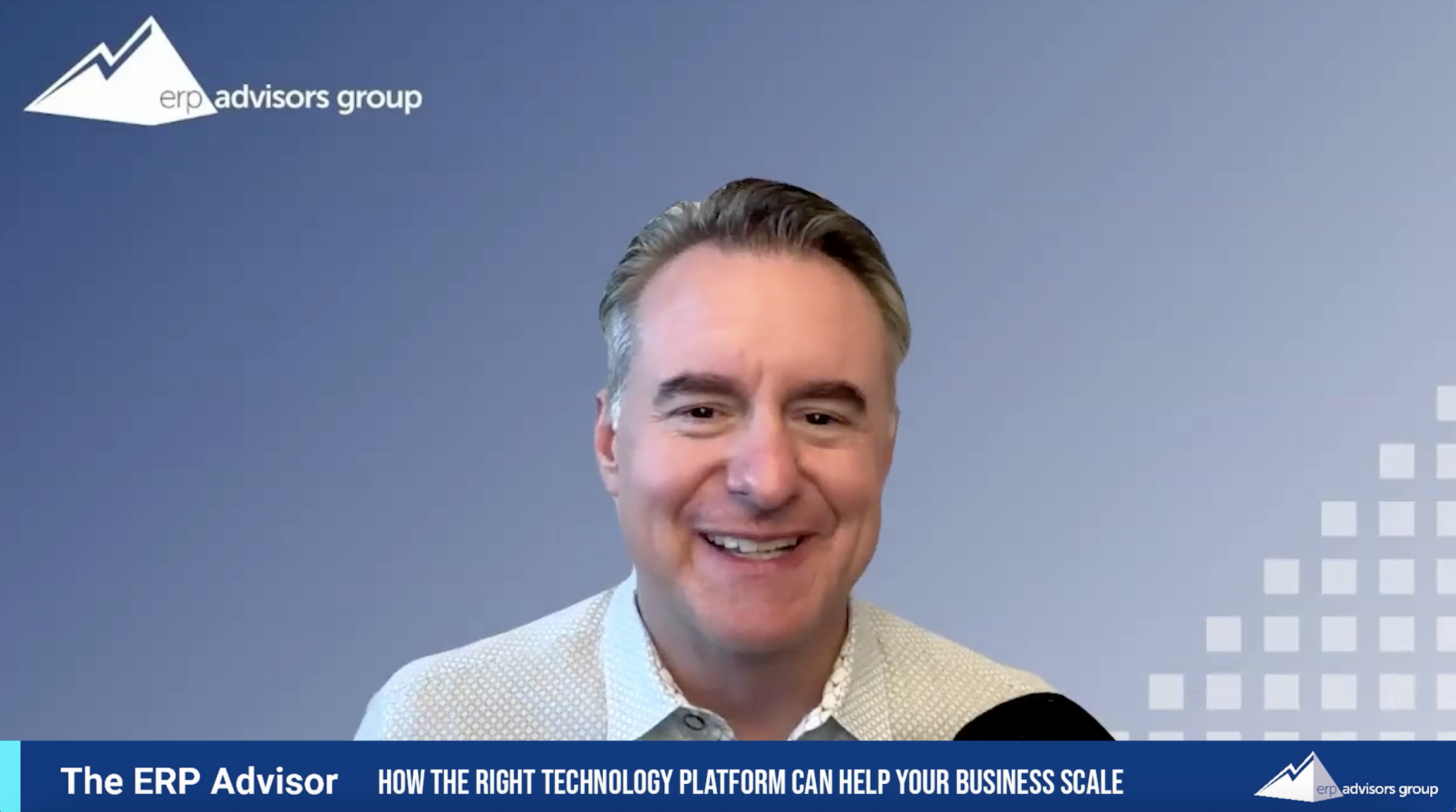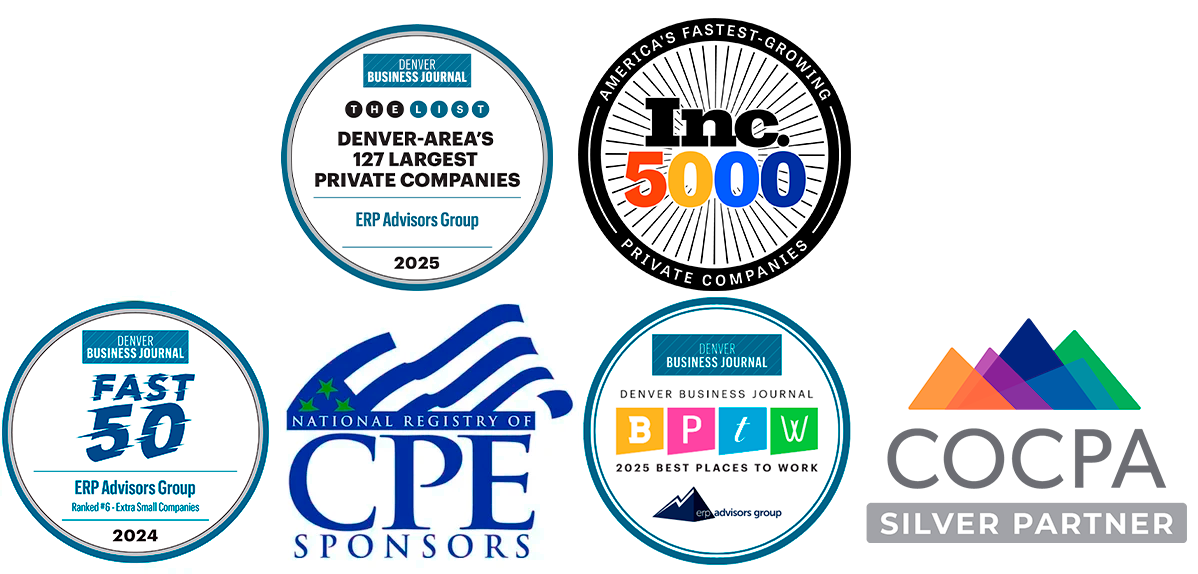
The word “customization” in the world of ERP is taboo and can make experienced consultants shutter at the thought of over-customizing a system. However, they are not always as detrimental to an ERP as they may seem. When they are necessary and done correctly, customizations will streamline processes, retain talent, and ensure the health of the business, but you must be able to differentiate between a necessary customization and a frivolous one.
A Deep Dive into ERP Customization for Unique Businesses
Introduction
The word “customization” in the world of ERP is taboo and can make experienced consultants shutter at the thought of over-customizing a system. However, they are not always as detrimental to an ERP as they may seem. When they are necessary and done correctly, customizations will streamline processes, retain talent, and ensure the health of the business, but you must be able to differentiate between a necessary customization and a frivolous one.
Where most companies go wrong with their customizations
The big fear is that customizations complicate the software code preventing a company from receiving an upgrade. Another fear is that the customizations will get wiped out when an upgrade is performed. If a customization cannot withstand an upgrade from the vendor, then it will need to be rebuilt, even with automatic, yearly updates. Customers on SaaS products get a chance to do regression testing to identify issues before the update automatically takes place. However, customers on legacy ERP software may waver and opt to not perform the upgrade. And from there, their ERP goes down the dwindling spiral. Once they refuse one upgrade, they also seal their ERP’s future – they may no longer be able to take any upgrades which puts their business at risk of running on a legacy system that has outdated regulatory information.
the inevitable truth
The truth is that every company customizes their ERP in some way. Even packaged ERPs can fall short of the functionality required for unique business processes. Therefore, many businesses will go against the best practices in order to configure their ERP for specialized functions. In any case, these are instances where it is acceptable to demand customization, such as a clear business benefit and unwavering staff support for the customization. These are just the basic requirements for considering customization as they are expensive, time-consuming, and complicated.
Fortunately, recent technological advancements have simplified the ERP customization process. In certain cases, there may be “customized” best-of-breed solutions already available on the market for their unique requirements which can save businesses a tremendous amount of time and money. This is another vital reason to thoroughly understand your needs to identify when you may need a specialized solution.
Regression testing is a common solution to combat lost customizations. Cloud vendors have a routine process for upgrading ERP software to ensure it functions with each user. It includes:
- Taking an instance of their software from the current user.
- Placing software into a sandbox for testing.
- Apply all changes and updates to the existing software.
- Give the updated software back to the original user to test.
Any time customizations are involved, you should have an expert who can monitor the customizations and coordinate with the vendor when regression testing is required. Since these customizations are likely vital to business operations, it is well worth the investment to ensure a smooth upgrade, whether you hire a consultant or assign an employee to the task. Like a new child, your ERP software cannot be left alone and must be cared for to survive (and thrive). Neglecting your system can be extremely harmful to your business, regardless of customizations, so be sure to prioritize these steps of regular maintenance.
Selecting the right ERP to minimize customization needs
You can minimize your company’s need for customization by selecting the right software, which is easier said than done. There is nothing worse than buying an ERP that cannot perform for the company, which is why the selection process is so important. By identifying your software needs, down to even the most nuanced requirements, you can communicate more effectively with vendors and see functionality in action during demos. We recommend working with an experienced ERP selection consultant to document your needs and organize demos with your potential vendors. This mitigates the risk of selecting the wrong ERP.
why businesses customize
Customizations provide the last ten percent of an ERP which can provide even deeper functionality to the business, freeing employees to do more value-added tasks. Carefully planned and necessary customizations made within an ERP save businesses time and money by eliminating unnecessary hires, erasing time spent on redundant processes, and filling in the gaps in functionality. Ultimately, you must identify if a customization is vital. Some are unnecessary and wasteful, while others are imperative to completing basic business functions. Ask yourself, “Can the business function without this customization?” and even ask your employees, “Would you be willing to pay for this customization on your own?” If the business cannot function, you need to customize and if your employees are crying out for customization they would personally pay for, you need to pull the trigger.
If you would like to learn more about how ERP Advisors Group can assist you in a software selection or addressing possible customizations, schedule a free consultation with us today.





